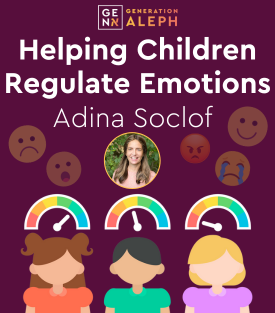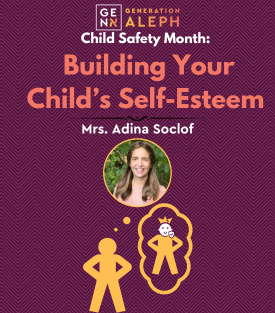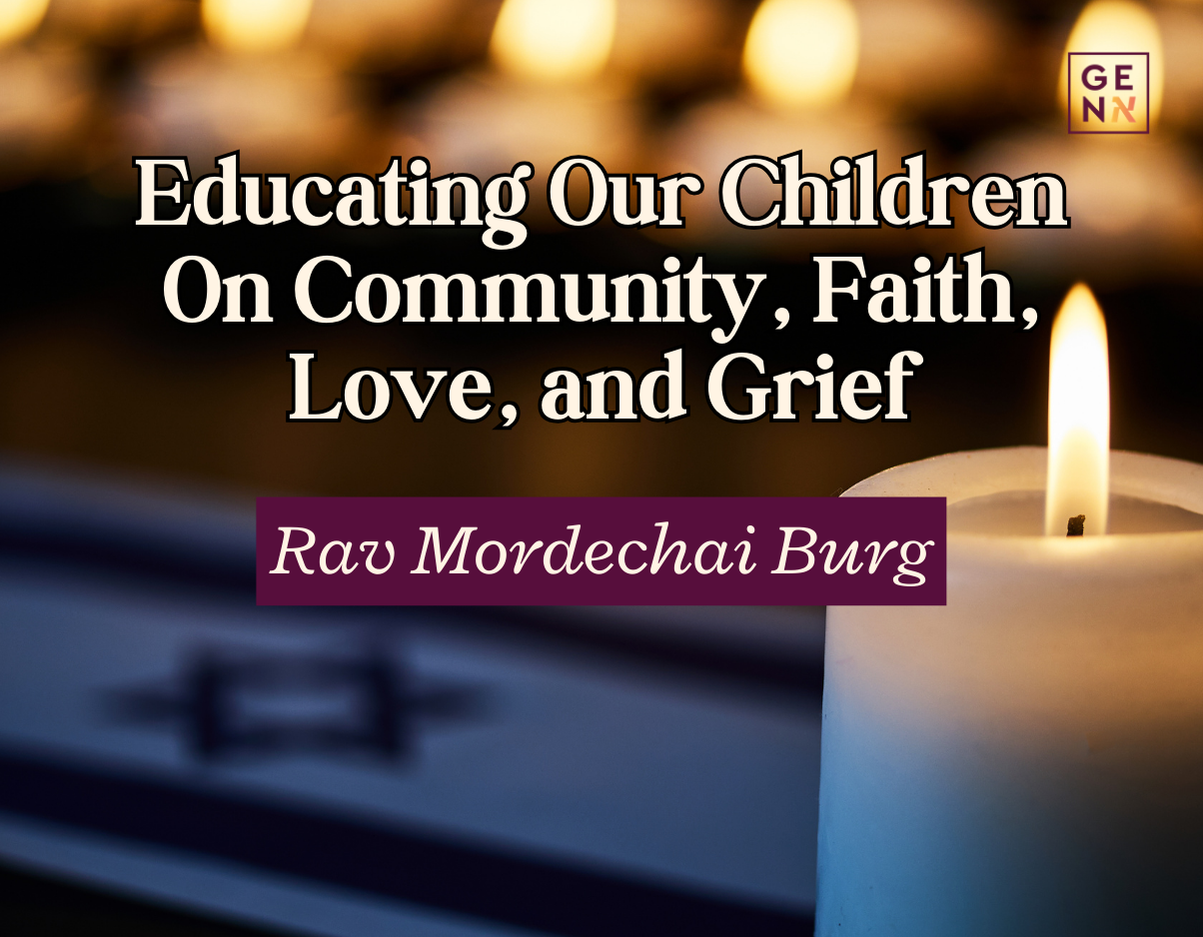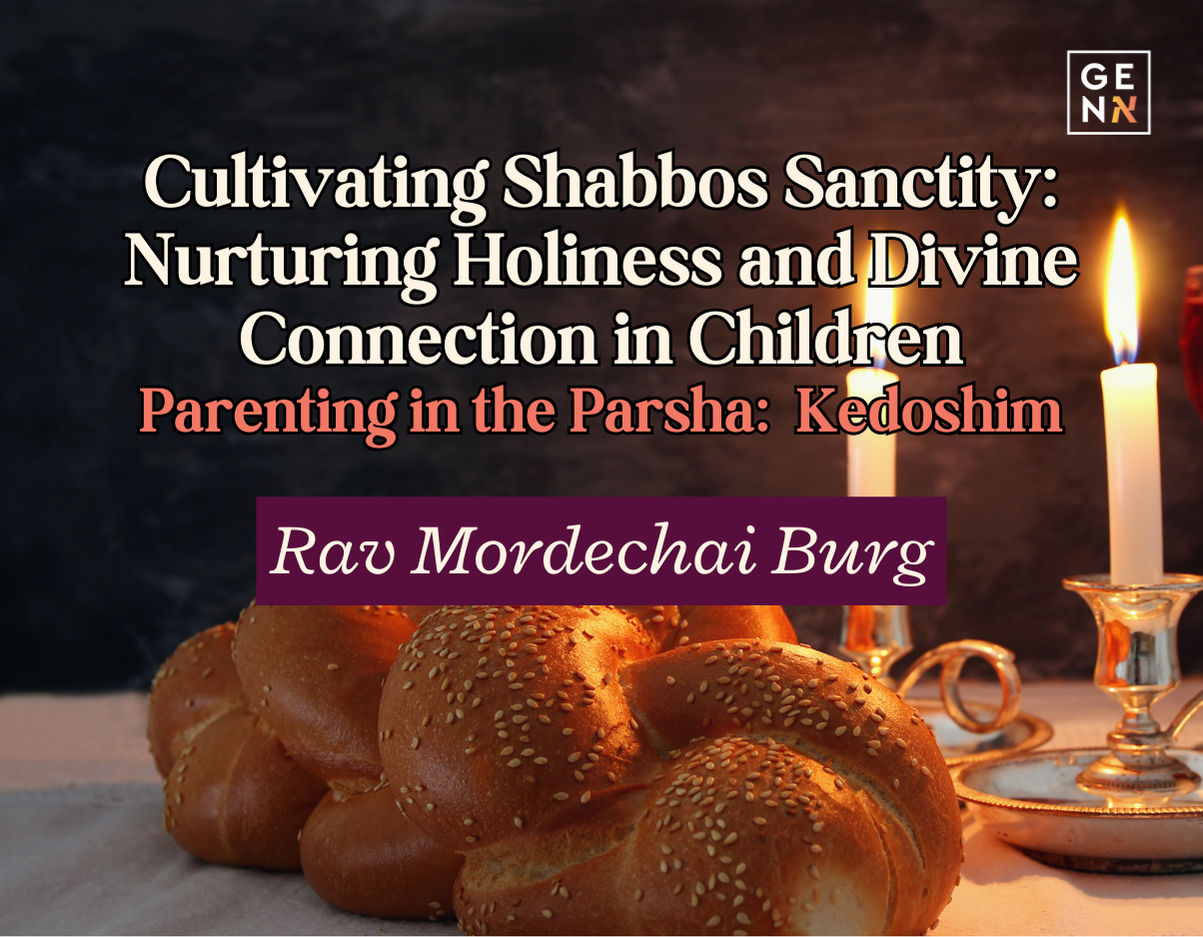In this week’s Parsha we begin to learn about the plagues that Hashem brought upon Mitzrayim as Klal Yisrael began their journey towards redemption. While Moshe Rabbeinu was the messenger for most of the plagues, fascinatingly it is his brother Aron HaKohen who brings the first three plagues (blood, frogs and lice). Rashi, quoting the Medrash, explains that Moshe Rabbeinu had gratitude towards the waters of the Nile River for saving him as a child, and as a result he felt it would have been inappropriate for him to strike the very waters that saved him in order to bring about the plagues of blood and frogs. Similarly, Moshe had Hakaras Hatov to the ground that helped cover the body of the Egyptian that he had killed. He therefore felt that it would have been ungrateful for him to strike the earth to bring about the plague of lice. In his stead, Aron HaKohen, who had no particular gratitude towards the water or the earth brought about the first three plagues.
Many of the Baalei Mussar point out that neither the water nor the earth are animate objects that have feelings regarding Moshe’s gratitude or lack thereof. The water and earth did not make a choice to aid Moshe Rabbeinu, they simply existed and they were used to his benefit. Furthermore, at the time of the plagues Moshe Rabbeinu was in excess of 80 years old. He was saved by the waters as an infant! Moshe struck the Egyptian as a very young man. Is it really necessary to express Hakaras Hatov so many years later to an object that cannot tell the difference? The obvious answer is a resounding yes. Hakarav Hatov says more about the person who is grateful than the recipient of said gratitude. It is the recognition that we are not alone in this world and that we are beholden to another. Perhaps this is why gratitude is so difficult. The vulnerability of gratitude is that we feel obligated to someone who has benefited us in some way. Moshe Rabbeinu understood that to express Hakaras Hatov has nothing to do with the recipient. Even after so many years, and even though the water and the earth made no choice to help Moshe Rabbeinu and despite that the fact that they could not understand his gratitude, still Moshe Rabbeinu was a person who embodied gratitude and therefore could not bring himself to strike the water or the earth.
In contrast, Pharaoh is the ultimate Kafui Tov, the ultimate ingrate. There is a total lack of recognition of the role that Yosef HaTzaddik played in sparing Mitzrayim from famine. In fact, Chazal tell us that when Yaakov Avinu came to Mitzrayim the famine ended! Pharaoh fails to recognize and appreciate the contributions that the Jewish people made in Egypt. The contrast between Moshe and Pharaoh could not be any more obvious. Moshe is grateful even to inanimate objects and Pharaoh is immeasurably cruel to those who built his society.
Parenting gratitude is critical to the development of our children. According to a 2008 study published in the Journal of School Psychology, 221 children from sixth and seventh grade were asked to make a daily list of five things they were grateful for. After three weeks they found that those children had a better outlook on school and greater life satisfaction than those children who were assigned to make a daily list of five hassles they had to deal with. A 2010 study published in the Journal of Happiness Studies examined 1035 students and found that those who had high levels of gratitude had stronger GPA’s, less depression and envy and a more positive outlook in general than those who had less gratitude. (1)
With the benefits of gratitude being obvious, we must ask, can gratitude be taught? A 2014 study in School Psychology Review found that after a one week curriculum on giving and gratitude, of the 122 elementary school students 44 percent opted to write thank you notes when given the opportunity. In the control group only 25 percent chose to write thank you notes.
The Medrash of Rav Eliezer states “There is nothing as difficult to handle for the Holy One Blessed Be He as someone who ignores a favor done for him.” As parents of Jewish children who are seeking to inspire the next generation we must understand that Hakaras Hatov is fundamental to raising children who are God fearing Jews. In teaching our children to be grateful, we train them to recognize that there is something to which they are beholden. A child who is grateful to his parents for everything they provide for him will ultimately recognize their Creator who is responsible for their very existence. An ungrateful child has no impetus to connect to his Maker. As one seminary teacher said to me, “A child who has their parents credit card and fails to thank their parents for the thousands of dollars they spend throughout the year is unlikely to open a Siddur and daven to Hashem.”
As parents we can sometimes experience some of the challenges of being a part of the Jewish community. The Rabbi was not there for me in my time of need as much as we would have hoped for. The school did not provide an adequate amount of services etc.. etc… There is no doubt that we are an imperfect community. But, consider the difference between a child who grows up in a home where the Shabbos table is an instrument for criticism of our community vs the Shabbos table that appreciates all of the amazing benefits of being a part of the Jewish community. This is not to say that there is no real room for expressing the need for change but it ought to be done in the context of appreciation for everything that is being done for us. The Rebbe you are frustrated with is also giving his heart and soul for the Talmidim in his class. The Rabbi who could have gone the extra mile is also exhausted from everything he is doing in the community. We can do better but we can also be deeply grateful for everything that is being done on our behalf. Children who are raised in a grateful home will grow up to be grateful people. And aside from the benefits that our children receive from Hakaras Hatov, it is the clearest path to raising children who are inspired Jews.
(1) Studies were reported in the Wall Street Journal in the following article https://www.wsj.com/articles/SB10001424052702303773704579270293660965768
_________________
Rav Mordechai Burg is the Menahel of Mevaseret, Mashpia of NCSY Summer, Mashpia of Nitzotzos, author of Nitzotzos on Chumash and a senior Rebbe at Tomer Devorah and Bnot Torah Institute. His shiurim can be found on Nitzotzos.com.
Submit your questions
"*" indicates required fields











